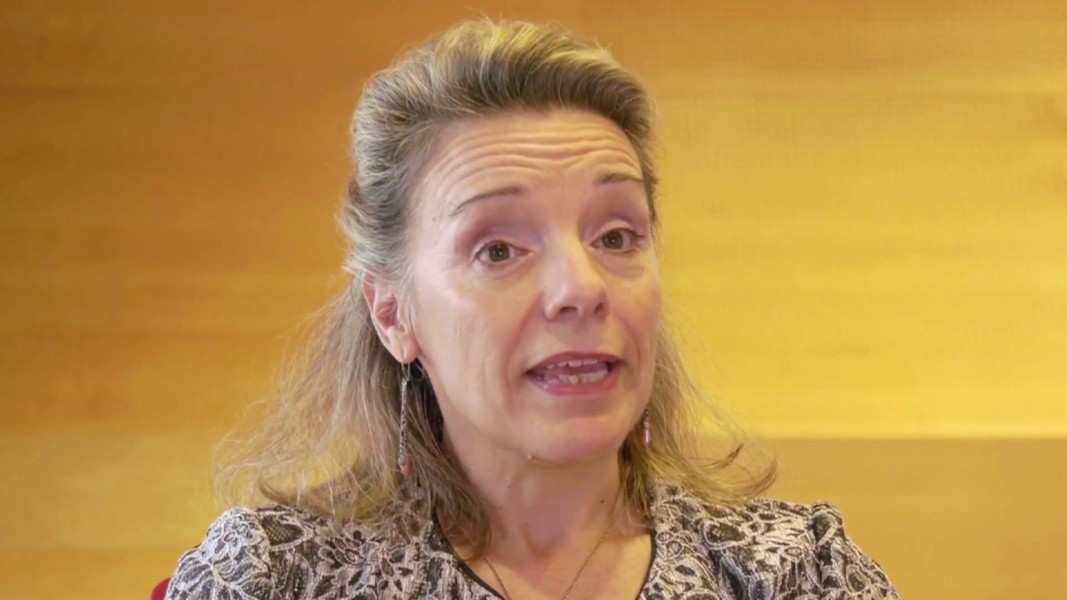Digital technologies and digitalization have already changed a significant part of our way of life and work and require us to constantly acquire new knowledge and skills. That is why the European concept of 'lifelong learning' is becoming increasingly relevant.
Making education accessible to all citizens at all stages of their lives has always been a priority for the EU. And the digital space offers a wide range of possibilities. Recently, the pan-European network of digital competence centres All Digital released a revised version of the Manifesto for Enhancing Digital Competences across Europe, which recommends emphasizing five key areas in the field of education – more supply, better accessibility, higher quality, digital competence and sustainability.
But how will an adult learn to use internet banking, for example? He or she will most likely need help from someone else, or at least written instructions. The Index of Digital Entry into the Economy and Society, DESI, used to build Europe's 2030 Digital Compass, shows that four out of ten adults, as well as one in three working Europeans do not have basic digital skills. The European Commission aims to have 70% of older Europeans have acquired basic digital skills by 2025.
This cannot happen without changes in the education system. Divina Frau-Meigs, a professor of sociology of media and information and communication technologies at the Sorbonne, is convinced of this. She is also a sought-after specialist by organizations such as UNESCO, the Council of Europe, and the European Commission.

A useful starting point for success on the path to digital transformation are the various educational resources created with the help of the European Commission. One of them is the multilingual electronic platform for adult learning EPALE (Electronic Platform for Adult Learning in Europe). It provides educational content, seminars, networking opportunities and is an open membership for adult education professionals. EPALE allows them to connect with each other and learn from each other. In a recent discussion on the same internet platform, Divina Frau-Meigs highlighted the challenges facing educational institutions in the future.
For another year, traffic police in Vratsa and the Burgas region have stopped women drivers - not for violations, but to surprise them with a tulip and a greeting in honour of International Women's Day on March 8. The initiative in Vratsa took place..
An investigation carried out after a signal was received about an unnatural dark brown colour of the water near the beach in the Varna district of Asparuhovo , as well as in the entire area of the port of Varna on the Black Sea coast, has revealed that..
The Samokov village of Dragushinovo is the only one in Bulgaria where Todorovden is celebrated by preparing the so-called Rachnik. The local church is named after St Theodore Tiron, the Christian saint and warrior who is venerated on Todorovden...
In many cultures, the whole month of March is a time to focus on women. Bulgarians refer to it as "Women's Month" because they associate the changing..
On 8 March, the pupils of the Bulgarian Sunday School "Ivan Vazov" in Paris and their fathers have prepared a special programme to celebrate..
The majority of Bulgarians (63%) celebrate International Women's Day on 8 March . The holiday is more respected by women, with almost 8 out of 10..

+359 2 9336 661
